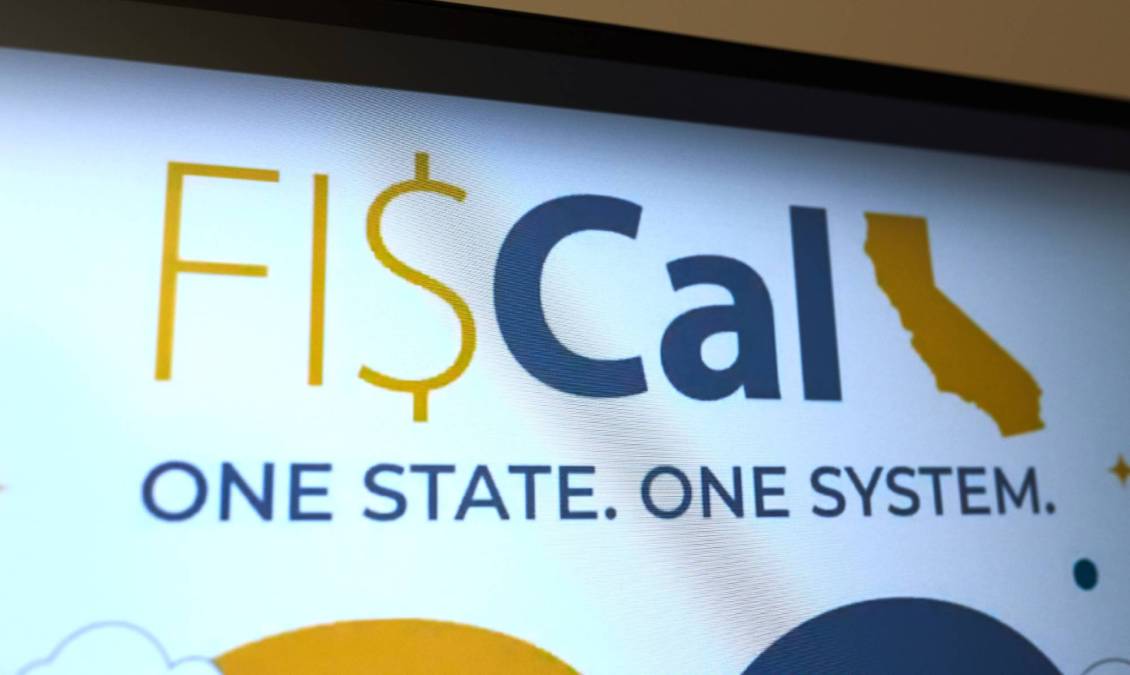California’s FI$Cal project is still having issues in 2022

As a project to unify California’s financial systems nears official completion, the state auditor warned that the billion-dollar project may incur additional expenses to add critical features that were omitted during a fraught development cycle that’s spanned the past two decades.
In a letter last week to state lawmakers and Gov. Gavin Newsom, acting State Auditor Michael Tilden also wrote that a staffing shortage at the agency in charge of the Financial Information System for California, or FI$Cal, may threaten the state’s ability to support the system when the project is officially completed. Tilden’s office further warned that for the third year running, the state will miss an April 1 deadline to issue financial statements, threatening its credit rating.
According to the Department of FI$Cal, the system is currently used by 151 departments and 15,000 users to process $436 billion in spending each year.
Tilden and his predecessors have made similar warnings over the past three years, issuing recommendations that the Department of FI$Cal has only partially fulfilled, including taking steps to meet the April 1 deadline, improving project oversight and ensuring financial transparency of the project. When asked why the department has struggled with these recommendations, a spokesperson told StateScoop in an emailed statement that all of the project’s functionality was completed “on schedule” by July 2021.
“FI$Cal is one of the largest and most dynamic IT projects that California has undertaken in its history, and we are proud of the work we have accomplished,” the statement reads. “As of July 2021, we delivered the final project milestone.”
The project is currently in its final phase, consisting of a third-party vendor — Accenture — comparing the accuracy of the new system’s annual financial data with data housed in one of the State Controller’s Office’s old financial systems. That work is scheduled to be completed by June, but Tilden’s office said this phase is “encountering delays,” which has become a familiar refrain for the project.
FI$Cal has missed five project completion dates dating back to July 2016. And even after the project is officially completed, the auditor said, it will be missing “large” and “important” features that were once part of its initial plans, such as functionality for statewide loan accounting. These additions could cost millions more, Tilden’s office said.
“Until these features are complete, the State Controller will continue using its legacy system—a concerning fact given that one of the original goals of the project was to replace stand-alone systems with a single, integrated system,” the letter read.
A staffing shortage in the California state government has contributed to the project’s shortcomings and “creates the risk that the department will be unable to provide all necessary support and maintenance functions after the project’s official end date,” Tilden’s office wrote. While the official plan is for Accenture to pass management of the system over to the Department of FI$Cal after the project’s official completion, Tilden said the state may struggle to keep up on maintenance and upgrades. (The Department of FI$Cal acknowledged in its statement that “there are challenges” and that it is “working diligently to address them.”)
The project has also had a 15% staffing vacancy rate over the past five years, which the California Department of Technology called “a risk” to its success, Tilden’s office wrote.
“Finding staff with the right combination of skills and the current economic climate have both contributed to the department’s staffing challenges,” the letter read. “The department has stated that filling IT positions is particularly challenging because many of the positions also require in-depth knowledge of financial business processes.”
Continued failure by the state to report its finances on time could result in California’s credit rating being downgraded, which would “substantially increase” borrowing costs, affecting the state’s ability to pay for projects funded by debt, such as schools and levees, the auditor wrote. It also threatens the state’s access to federal funding, he added.
The auditor found that some of the explanations for financial reporting delays include agencies’ unfamiliarity with the new system. The Department of FI$Cal responded to this issue in January 2021 by launching the FI$Cal Learning Center, an online hub for training videos and other resources, but Tilden’s office found that delays still persist in some agencies.






